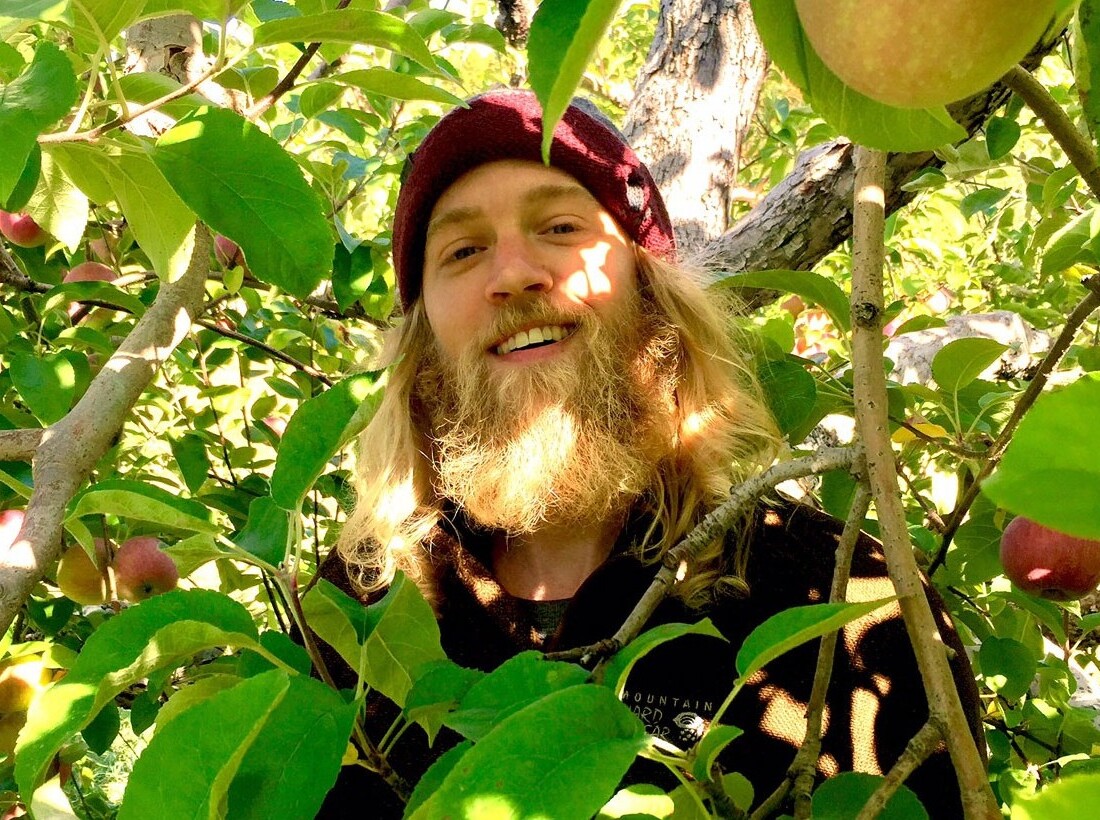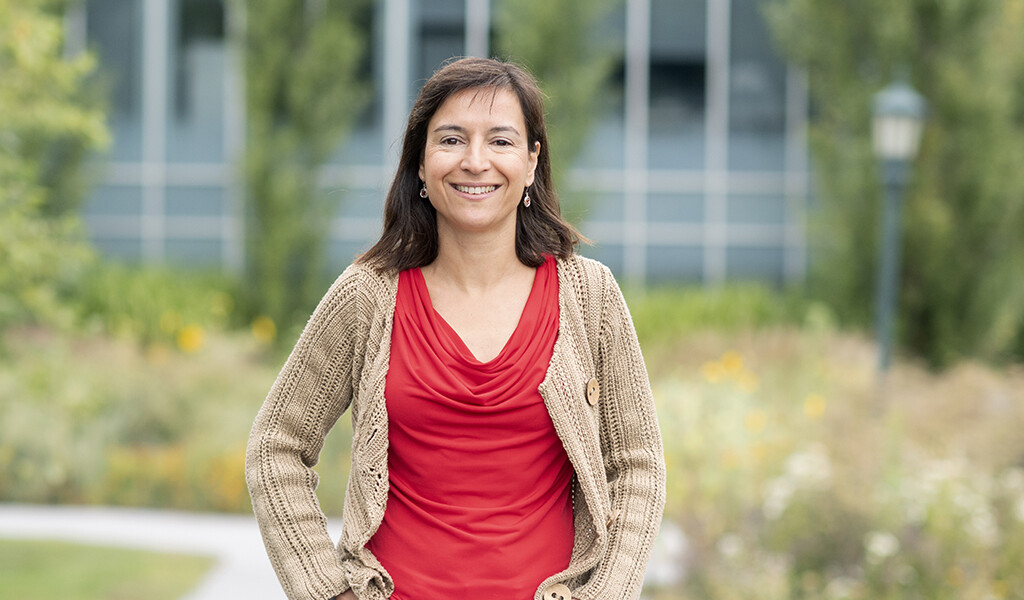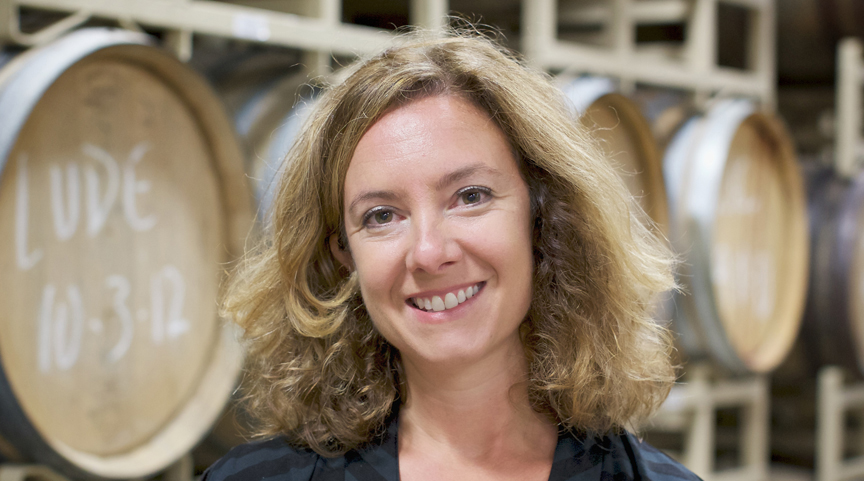Allie Williams learned early on the importance of healthy food. While growing up in Houston and Memphis, her family had always put a big emphasis on cooking and eating right.
But high obesity rates in Memphis, along with a gluten allergy she was diagnosed with in high school, eventually gave Allie the desire to learn more about U.S. food policy.
She enrolled in NYU initially to study Russian existential literature. But after taking a food culture and writing course with author Scott Korb, she was inspired to switch her studies to food policy. During her undergraduate career at NYU, Allie worked in restaurants, completed internships, and studied abroad in Ghana and Berlin.
Still, even with all of her experience, she realized after graduation that something was missing about her knowledge of food.
“Everything in my life thus far had focused on food studies and agriculture policy, but I realized I didn’t know how to grow food,” she says. “I don’t even know how to grow a carrot, and that seemed ridiculous to me.”
Allie enrolled in the UVM Farmer Training Program in May and is learning to grow food with a cohort of 20 other students at Catamount Farm. Her individual garden at the farm includes a wide selection of southern vegetables, such as okra, black-eyed peas, green tomatoes, watermelon, and salsify.
On a personal level, learning to farm is also helping Allie manage her health, specifically Lyme disease, which she was diagnosed with two years ago.
“I don’t know where I would be without taking care of my body,” she says, adding that her diagnosis has made her swear off sugar and alcohol. “My health issues have led me to farming, and it’s been very healing.”
After completing the UVM Farmer Training Program this fall, Allie hopes to land an apprenticeship at Stone Barns in New York and apply to graduate school at the University of Texas to study food studies and food policy.
“Before I came to UVM, I didn’t know how to grow food, and that seemed crazy to me,” she says. “Bridging the gap between growing food and understanding policy is absolutely key.”




